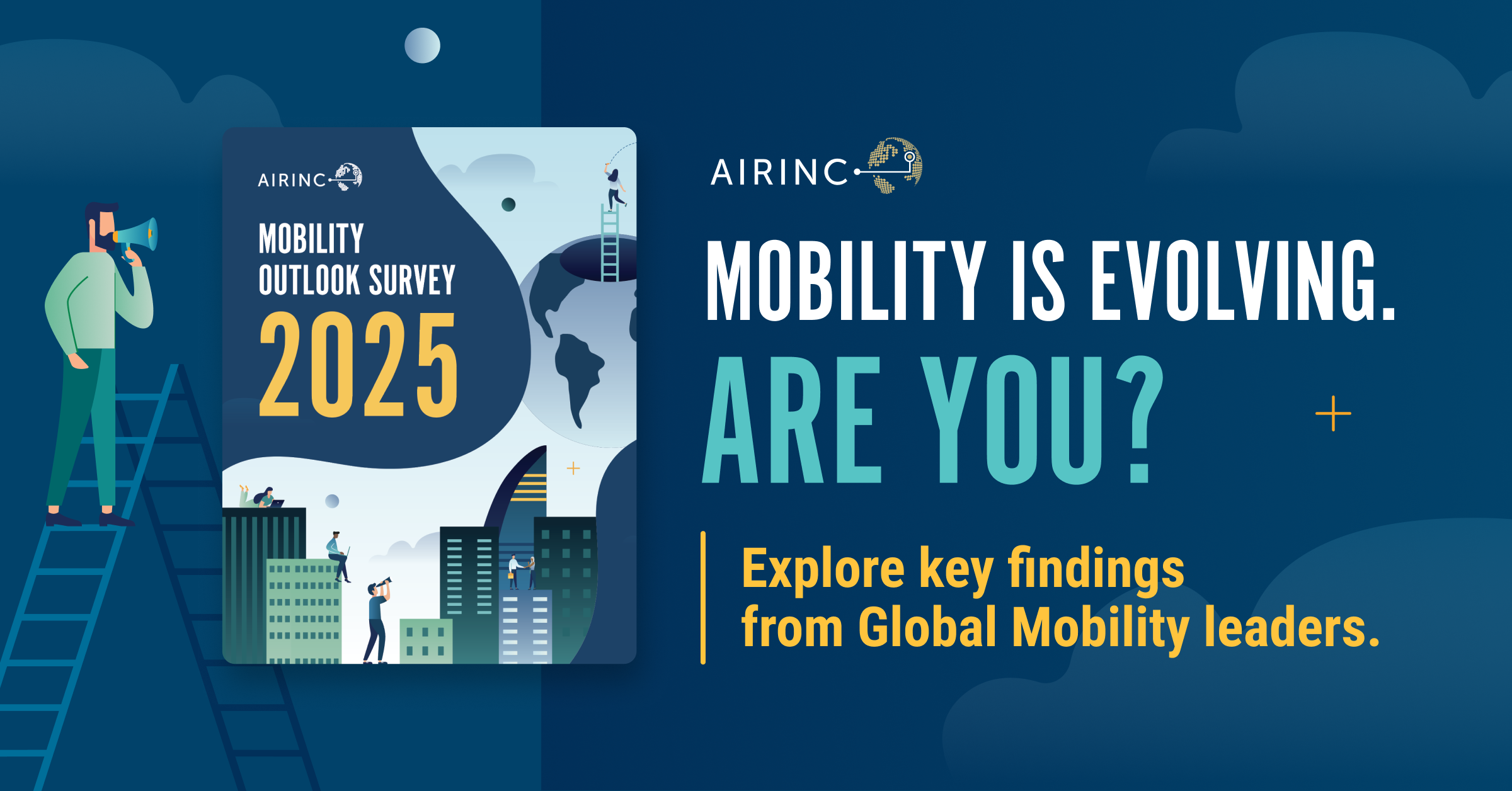California’s New “Stay-or-Pay” Ban: What It Means for Employers
A new California law, signed last month, is prompting companies to rethink how they handle relocation, sign-on bonuses, and tuition repayment programs for employees in the state. Starting January 1, 2026, Assembly Bill 692 (AB 692) will change how employers structure relocation and bonus payback terms, as it effectively bans most repayment or “stay-or-pay” agreements in employment contracts.
What the Law Does
AB 692 makes it illegal for California employers to require employees to repay certain financial benefits if they leave before a set period of time, effectively banning most “stay-or-pay” repayment agreements.
Traditionally, many companies have relied on repayment clauses to protect themselves from losses when an employee leaves shortly after receiving a sign-on bonus, relocation package, or tuition reimbursement. These agreements often required the employee to repay some or all of the funds if they departed within a defined timeframe, typically one or two years.
Under AB 692, any such agreements signed on or after January 1, 2026, are prohibited—except for very limited exceptions (such as certain educational or discretionary bonus arrangements that meet strict conditions). Importantly, AB 692 applies only to agreements signed on or after January 1, 2026; existing agreements remain valid under current law.
This means employers cannot condition employment or benefits on a future repayment obligation, effectively outlawing “stay-or-pay” provisions that tie employees to the company through financial penalties.
Who Is Affected?
One of the most significant aspects of AB 692 is its broad scope of application. The law applies to any individual performing work in California, regardless of where the employer is headquartered or where the agreement was drafted.
That means:
- If an employee signs a relocation or bonus agreement while working in California, the law applies, even if they later transfer out of state or abroad.
- If an employee signs a relocation or bonus agreement before transferring into California, the law will likely apply once they begin working in the state.
- Multi-state employment arrangements, such as developmental rotational programs that include time in California, fall under its jurisdiction.
In short, it’s not about where the company is located, but where the work is performed.
Implications for Employers
For companies with California-based mobile employees, this law will require a careful review of mobility policies that include repayment provisions. These elements may need to be revised or removed entirely for employees working in California to ensure compliance with AB 692.
When we spoke with Mobility leaders about the new law, reactions were mixed. Some shared that they plan to eliminate repayment clauses altogether to maintain consistency across their population, while others intend to apply the rule only to employees connected to California. Either approach carries its own risks, and companies will need to weigh administrative complexity against potential employee relations concerns.
Looking Ahead
AB 692 reflects a broader trend toward supporting employee mobility and reducing financial barriers that discourage job changes. Other states are reportedly watching California’s move closely, suggesting that similar legislation could emerge elsewhere.
In the meantime, organizations should take proactive steps to identify which employees or policies may be impacted, and collaborate with legal, HR, and mobility teams to ensure readiness ahead of the January 1, 2026, effective date. Taking time now to review and update repayment provisions will help ensure compliance and demonstrate a commitment to employee-friendly practices in an evolving regulatory environment.
Need help reviewing your mobility or relocation policies for compliance? AIRINC’s advisory team can help you assess your current repayment language and prepare for AB 692.
Blog Authored by Sheri and Grace



%20(89)%20(1).png)



%20(26).png)
%20(9)-1.png)

